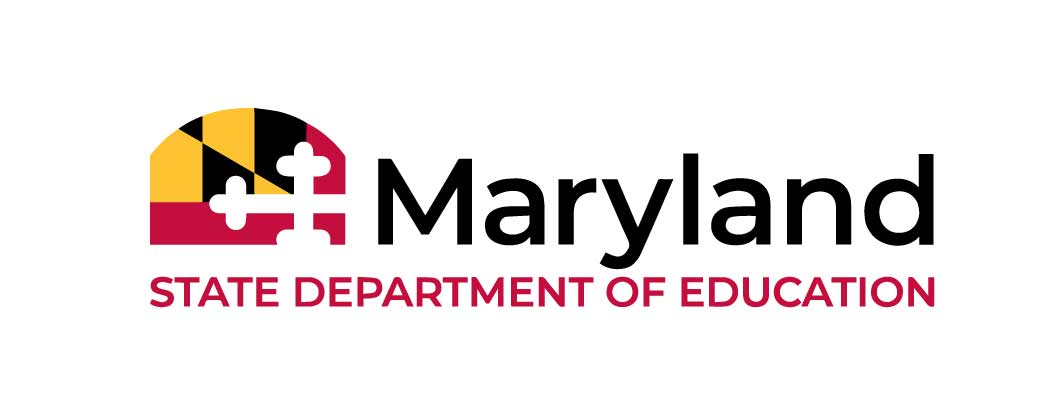Transition Talks: Inclusive Higher Education Transition Program

Inclusive higher education (IHE) transition programs enable students with intellectual disabilities ages 18-21 to take classes, access recreational and social opportunities, and be included in the community of a two-year or four-year college. College-based transition services build upon community based transition services (Grigal, Paiewonsky, & Hart, 2017), but transfer the educational context onto a college or university campus. IHE Transition programs are founded on partnerships between LSSs and colleges and universities. These programs are making it possible for a growing number of transition-aged students with intellectual disability/autism (ID/A), to receive transition services on college campuses (Think College, 2018).
Providing transition services and supports on a college campus allows students to expand their independence, self-advocacy, employment, and social and community integration during their final years of public schooling (Grigal et al., 2001; Hall et al., 2000; Hart, Mele-McCarthy, Pasternack, Zimbrich, & Parker, 2004). Students receiving transition services in postsecondary settings take college classes (for credit or audit) or participate in adult or continuing education classes (Neubert et al., 2004). Most students are involved in integrated community employment and participate in a variety of campus experiences with similar-aged peers without disabilities, such as student organizations, sports activities, and cultural events.
These initiatives are becoming widespread across the United States, and benefit not only the students with intellectual disabilities, but their peers without disabilities and the campus community as a whole. In Maryland, 19 LSSs have IHE Transition Programs through 13 programs located on 22 campuses. IHE Transition programs are an evidenced based practice leading to positive post-school outcomes.
Spotlight
Baltimore County Public Schools
PSFALS LIaison: Bernadette Duffy
Baltimore County Public Schools believes that college and career readiness knowledge and skills for students with significant cognitive disabilities includes capabilities necessary to be successful, contributing and valued members in their communities. Our Post Secondary Functional Academic Learning Support (SFALS) programs partner with area college campuses to provide challenging inclusive learning opportunities and share community transition resources for young adults, 19 to 21 years old, who are receiving certificates and who meet eligibility criteria.
These programs facilitate the development of self-advocacy, self-determination, real-world learning, and social competence skills integrated into classroom, community, and vocational experiences. In order for our students to make successful transitions to adult life, they are provided with the tools needed to obtain and maintain employment, use public transportation, access adult service agencies and demonstrate age-appropriate social and daily living skills.
Questions to Consider
- Does my local school system have an IHE transition program?
- What program components are necessary for an effective IHE Transition Program?
Resources
* This pdf is not 100% accessible and is not a required resource.



